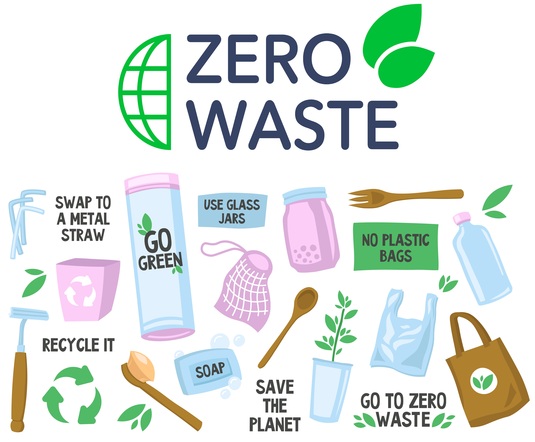Waste-Society Relations in “Zero-Waste Cities” and Their Implications for the Establishment of Sustainable Practices: A Case Study of Munich, Kamikatsu, and Kyoto
Regina Bichler
People tend to engage in specific routines and behaviors when they go shopping, consume their purchases, and then dispose of the leftovers—such as food scraps, coffee cups, and plastic packaging. These practices are often far from sustainable, making waste production and disposal a global problem. Only the second city in Germany to commit to becoming a “zero-waste city,” Munich has recently launched a project for developing strategies on how to undergo this transformation. A crucial aspect of the zero-waste initiative is not exclusively the expansion and improvement of waste processing and recycling capabilities but also a thoughtful interrogation of our existing consumption and disposal practices.
Through the introduction of comprehensive waste-management practices and constant civic engagement, the town of Kamikatsu, in the Tokushima Prefecture of Japan, achieved the remarkable milestone of becoming a “zero-waste city” 20 years ago. Since then, larger cities, such as Kyoto, have begun to establish similar measures to reduce, reuse, and, increasingly, recycle their waste. This change poses the following question: How can Munich and other future “zero-waste cities” utilize preexisting knowledge to aid their own transition to zero waste and establish more sustainable consumption and disposal practices in their communities?

© Freepik
In her PhD research, Regina Bichler analyzes social practices related to consumption and waste in Munich, Kamikatsu, and Kyoto. Based on the framework of practice theory, she applies a variety of qualitative methods to better understand how, where, and why waste is generated, and explores ways of decreasing its emission by administrative, social, and technological means. Her aim is to facilitate the development and implementation of more effective anti-waste measures in future “zero-waste cities.”







